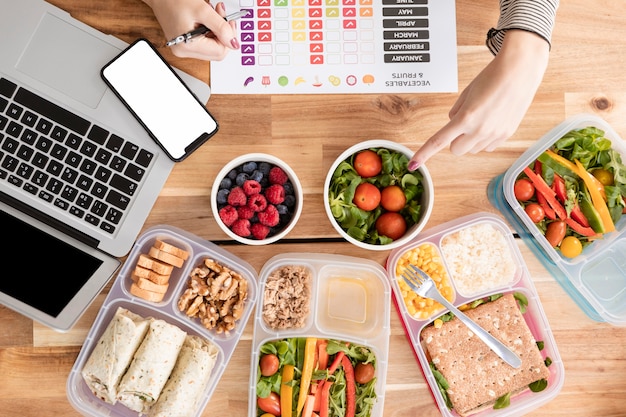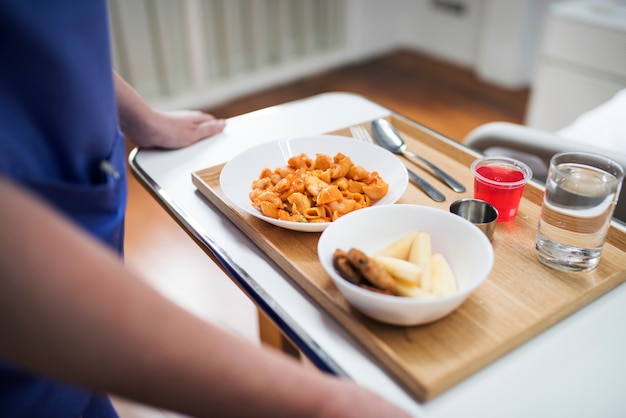In today’s fast-paced work environment, maintaining healthy eating habits can feel like an impossible task. Long meetings, tight deadlines, and constant screen time often push nutrition to the back burner. But what you eat directly impacts your energy, focus, and long-term health. The good news? With a few smart strategies, even the busiest professionals can fuel their bodies effectively—without spending hours in the kitchen.
Dedicate 20 minutes each weekend to plan your meals. Choose 3–4 balanced recipes and prep ingredients in advance. This reduces decision fatigue during the week and prevents last-minute takeout.

Cook grains, proteins, and roasted vegetables in bulk. Store them in portioned containers for easy assembly. Weekly targets: 2–3 hours of batch cooking yields 5–7 days of meals.
Place nuts, fruit, or yogurt where you’ll see them—on your desk or fridge shelf. Avoid keeping sugary snacks in plain sight. Target: 2 snacks per day, each with protein and fiber.
Start your day with a glass of water before coffee. Dehydration causes fatigue and brain fog. Aim for 8–10 cups of water daily. Use a marked bottle to track intake.
Skip the sugary cereal. Opt for eggs, Greek yogurt, or a protein smoothie. Protein stabilizes blood sugar and keeps you full longer. Target: 20–30g of protein at breakfast.
Fill half your plate with vegetables, one-quarter with lean protein, and one-quarter with whole grains. This simple rule ensures balanced meals without counting calories.

Choose whole foods over packaged items. Processed foods are often high in sodium, sugar, and unhealthy fats. Read labels—avoid products with unpronounceable ingredients.
Set regular meal times, even when busy. Skipping meals leads to energy crashes and overeating later. Target: Eat every 3–4 hours to maintain steady energy.
Stock your kitchen with quick, nutritious options: canned beans, frozen vegetables, pre-washed greens, and rotisserie chicken. These save time without sacrificing nutrition.
Use smaller plates and bowls to avoid overeating. Restaurant portions are often 2–3 times the recommended size. When dining out, consider splitting a meal or boxing half immediately.
Caffeine can disrupt sleep, even hours later. Stick to one or two cups in the morning. Choose herbal tea or water in the afternoon.
Eat when you’re hungry, stop when you’re full. Avoid eating at your desk or while scrolling. Practice mindful eating—focus on your food for better digestion and satisfaction.
Always wash fruits and vegetables before eating. Store leftovers within two hours to prevent bacterial growth. If reheating, ensure food reaches 165°F (74°C). Be cautious with raw or undercooked foods, especially if immunocompromised.
If you have food allergies or medical conditions (e.g., diabetes, high blood pressure), consult a registered dietitian to personalize your nutrition plan.
Eating well doesn’t require perfection. Small, consistent changes lead to lasting results. By implementing these 12 tips, busy professionals can boost energy, improve focus, and support long-term health—without sacrificing productivity.
Start with one or two habits this week, then gradually add more. Your body—and your career—will thank you.

Wellness

Wellness

Wellness

Wellness

Health

Wellness

Wellness

Wellness

Wellness

Wellness

Health

Wellness

Health

Fitness

Health

Health